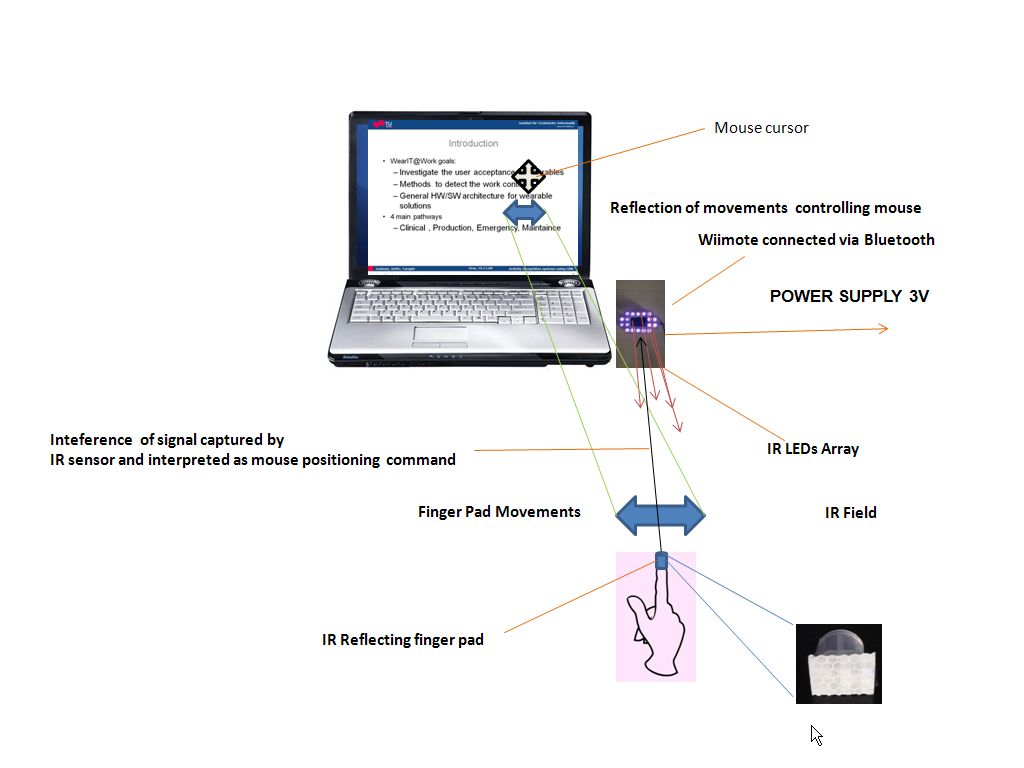Als Ergebnis unserer Arbeitsgruppe HCI for Education (HCI4EDU) gibt es eine Publikation im neuen OCG Journal mit dem Titel „Gestaltung von innovativen technologiegestützten Lernsystemen am Beispiel von Web 2.0 Anwendungen – eine Herausforderung für HCI&UE„.
Abstract: Die Gestaltung von geeigneten technologiegestützten Lernsystemen ist prinzipiell eine große Herausforderung – ob mobil-pervasiv oder stationär. Human-Computer Interaction (HCI) in einem weiten Verständnis kann in diesem Zusammenhang sehr hilfreich sein, und Usability Engineering (UE) kann im Bereich des Softwareengineering in der Umsetzung solcher Systeme wertvolle Beiträge leisten. Dieser Fragestellung gingen die TeilnehmerInnen eines Workshops des Arbeitskreises HCI & UE am 19.08.2008 an der TU Wien nach.
Dabei ging es vor allem um innovative – so genannte neue – Lernsysteme, welche versuchen Web 2.0 Elemente für die Lehre nutzbar zu machen. Das hierfür gebräuchliche Schlagwort wurde erstmals von Stephen Downes 2005 erwähnt und umschreibt den Einsatz von Wikis, Weblogs, Podcasts, Social Bookmarking Systemen bis hin zu Microblogging Tools im Bereich der Bildung.
Referenz: Pohl, M., Holzinger, A., Rester, M., Motschnig, R., Ebner, M., Leitner, G. (2008) Gestaltung von innovativen technologiegestützten Lernsystemen am Beispiel von Web 2.0 Anwendungen – eine Herausforderung für HCI&UE, In: OCG Journal, 4/2008 (33), p. 20-23
Hier gibt es die Online Version – weiters verweise ich gerne nochmals auf die Tagung USAB 2008 – Usability & HCI for Education and Work die an der TU Graz stattfinden wird.


